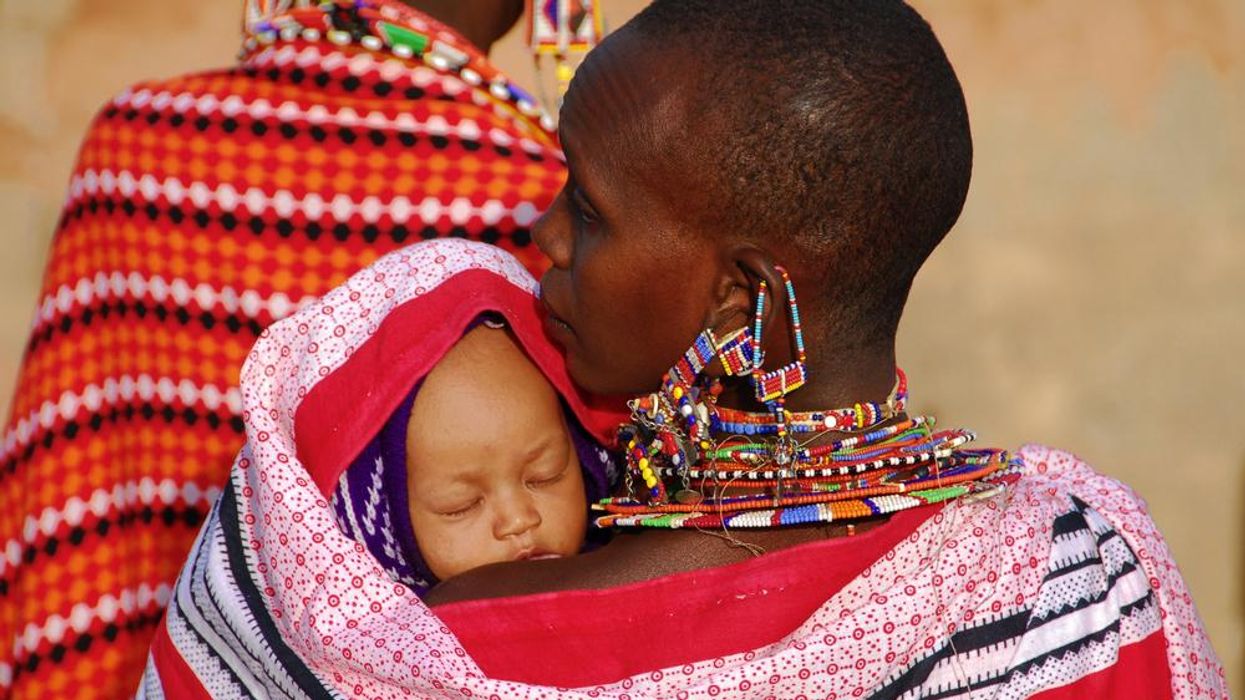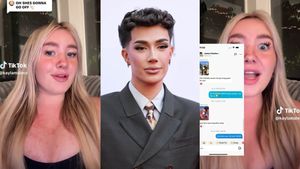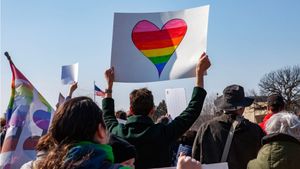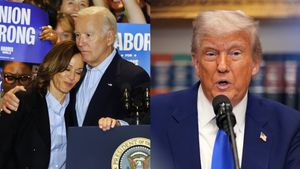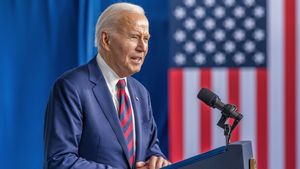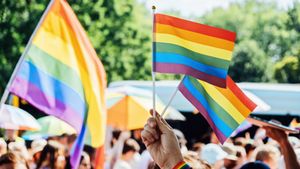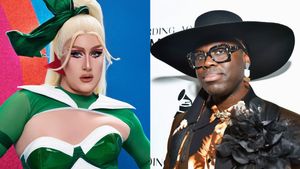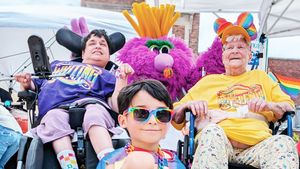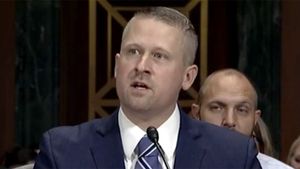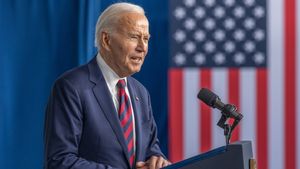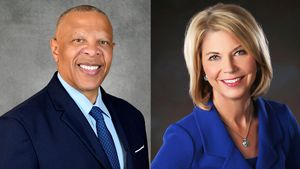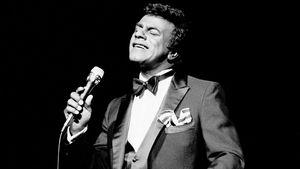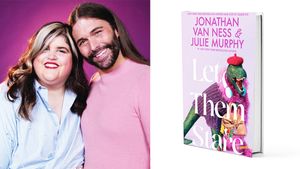This year, a global review from The Lancet identified a trend linking climate change and domestic violence. Evidence found that extreme weather increases the likelihood of violence against women, particularly in poor countries where communities are unequipped to deal with the fallout from natural disasters.
The collection of data includes a 2021 study from researchers at St. Catherine University in Minnesota reviewed extreme heat, flooding, and droughts in Kenya, finding that domestic violence increased by 60 percent during extreme weather.
Terry McGovern of Columbia University’s Mailman School of Public Health called the evidence linking climate change and domestic violence "overwhelming."
“Heat waves, floods, climate-induced disasters increase sexual harassment, mental and physical abuse, femicide, reduce economic and educational opportunity, and increase the risk of trafficking due to forced migration," he told The Washington Post.
In Umoja, Kenya, the number of women fleeing domestic violence has doubled within the past year, according to Samburu Women Trust, a nonprofit that provides shelter for those seeking refuge from abusive households. Lack of healthcare and police protection services make reporting violence extremely difficult, and lack of financial support often drives women to dangerous activities for survival, such as bootlegging or sex work.
“As communities and families lose their livelihoods and suffer hunger, there is increased experience of weak or broken family structures,” founder and CEO of SWT Jane Meriwas said. “They are really suffering in silence.”
One woman seeking refuge in Umoja, Pilot Lenaigwanai, told The Post that she came to the area after her husband turned violent. She believes that the deaths of their 68 cattle to drought escalated his behavior, as they were her family's only means of survival.
“He was visibly frustrated and turned the heat on me and my children,” she said. “I just think he wanted us out, because he could not provide for us anymore.”
A mother of five in India, Devi, added that flooding from monsoons have caused her husband to come home "angry and violent," which she believes has exacerbated his verbal and physical abuse against her.
“The violence peaks during the floods. Everything gets worse at that time — the hunger, the stress. We have snakes coming into the house,” she said. “The anger gets taken out on me. There’s a lot of stress during those times and I can’t sleep because of all the tension."
While the United Nations Intergovernmental Panel on Climate Change has called attention to the link between climate change and violence against women, Senior Climate and Resilience Adviser at ActionAid UK Sophie Riggs previously wrote that world climate plans were falling drastically short to address global warming, and that more attention needed to be placed on the threats against women.
"We need less rhetoric and a greater focus on women’s rights and actions to help them thrive and bring their communities out of poverty," she said. "Without this, the gendered injustice of climate change and the silent crisis for women and girls will only get worse."
- Congress Pledges $1 Billion to Countries Impacted by Climate Change ›
- Is Climate Change Making a White Christmas Less Likely? ›
- How Does Climate Change Affect Gun Violence? ›
- How Women of Color Are Bearing the Brunt of Climate Change ›
- Deadly Cold is 'New Norm' in East Asian Countries - Advocate Channel ›
- Why Climate Change Harms People of Color the Most | AdvocateChannel.com ›
- Houston Rockets Kevin Porter Jr. Domestic Violence Arrest ›
- 'Sound of Freedom' Icon Tim Ballard Sued For Sexual Assault ›
- How Climate Disasters Cost $391 Million Daily For 20 Years ›
- FCC Issues New Rules to Help Domestic Violence Victims ›
- Women Face 'Significantly' More Financial Struggles Than Men ›
- None ›
- World treads alarmingly close to global warming limit as 2023 marks hottest year on record ›
